Filter by
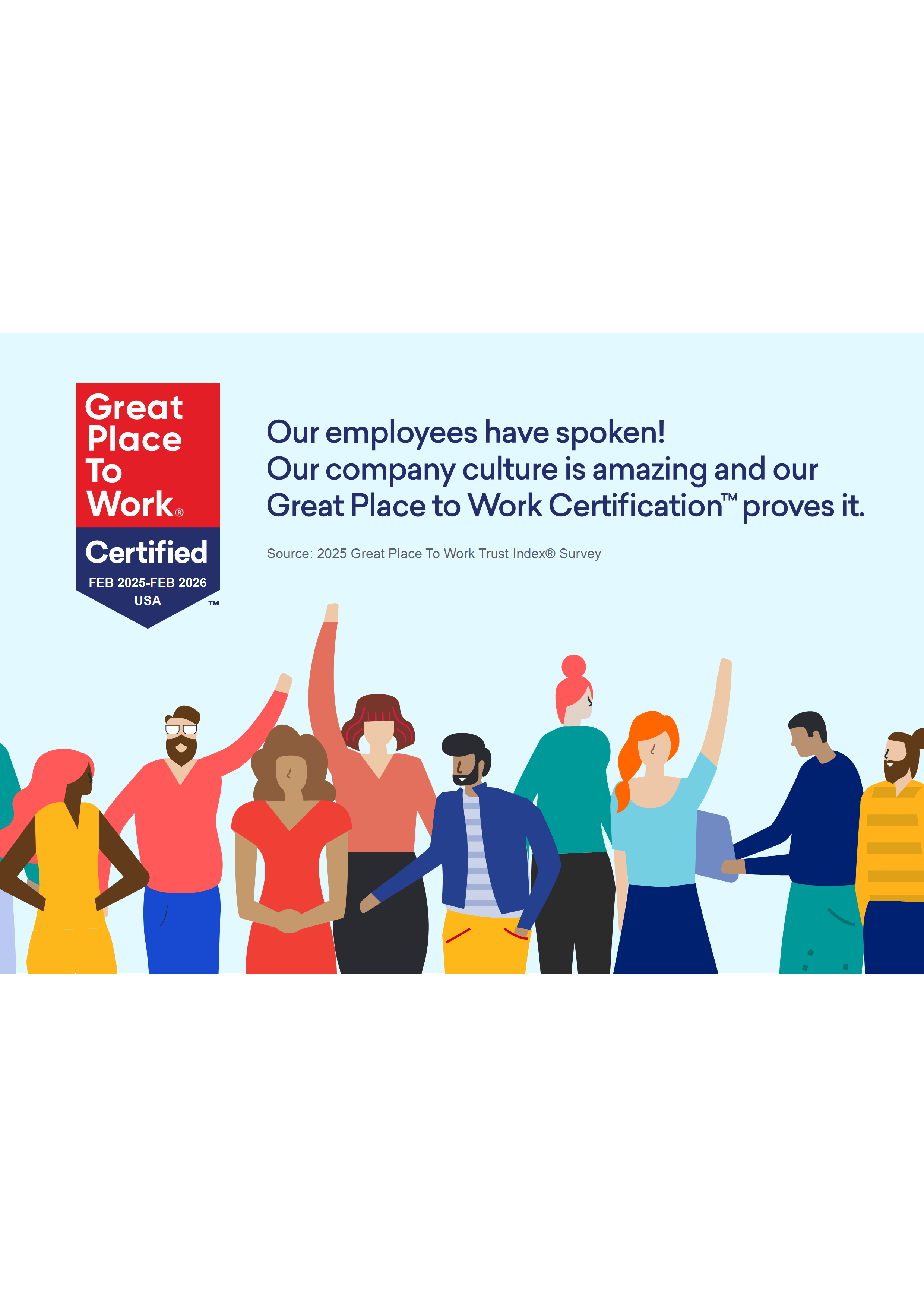
News
|
2 Min Read
VC3 Earns 2025 Great Place To Work Certification™
VC3 is proud to be Certified™ by Great Place To Work® for the fifth year in a row for its U.S.-based employees.
Read More
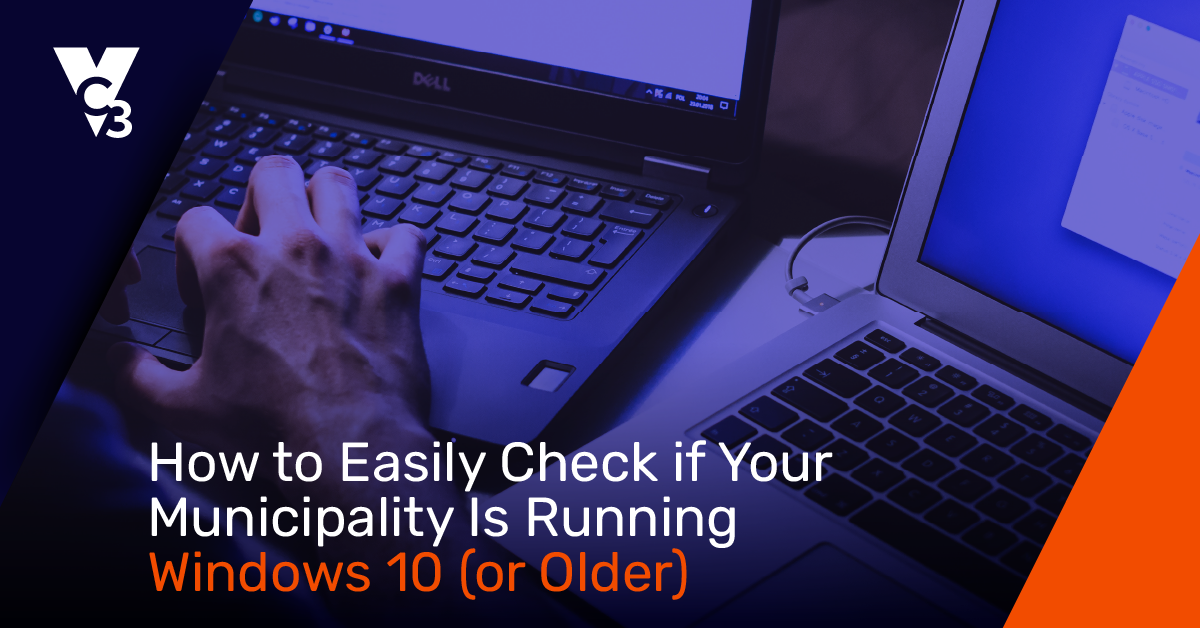
Blog
|
3 Min Read
How to Easily Check if Your Municipality Is Running Windows 10 (or Older)
Check if your municipality's computers are running Windows 10 or older and learn why upgrading before October 2025 is cr...
Read More

Blog
|
4 min read
Bleeding Money: Ways Your City's Reactive IT Support Drains Your Budget
While reactive IT support may seem cost-effective in the short term, its unpredictable costs make it a poor financial st...
Read More
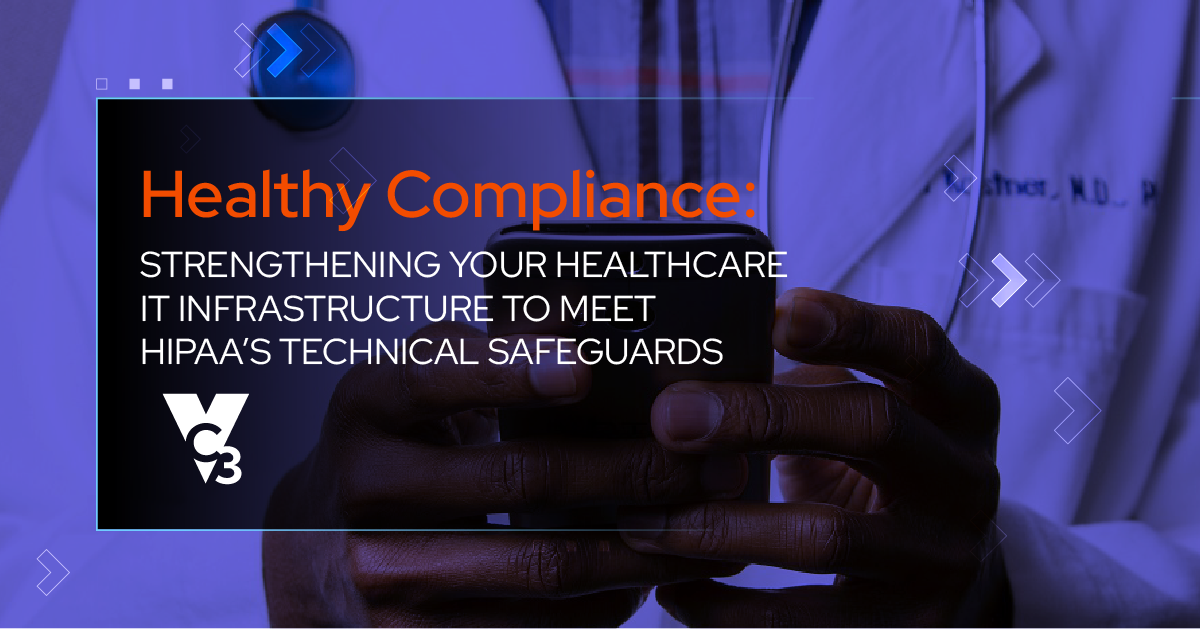
Blog
|
8 min read
Healthy Compliance: Strengthening Your Healthcare IT Infrastructure to Meet...
Get a full break down of the essential elements of an IT strategy that aligns with HIPAA’s technical safeguards that is ...
Read More
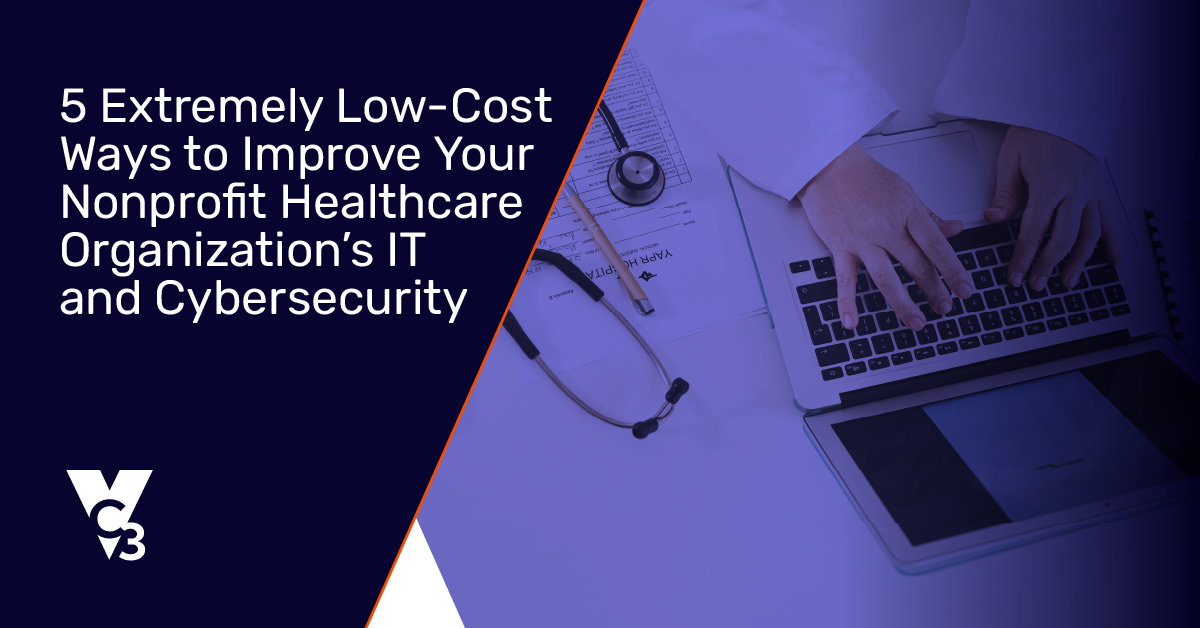
Blog
|
6 Min Read
5 Extremely Low-Cost Ways to Improve Your Nonprofit Healthcare Organization...
Enhance your nonprofit healthcare organization's cybersecurity with these 5 low-cost measures to safeguard patient data ...
Read More
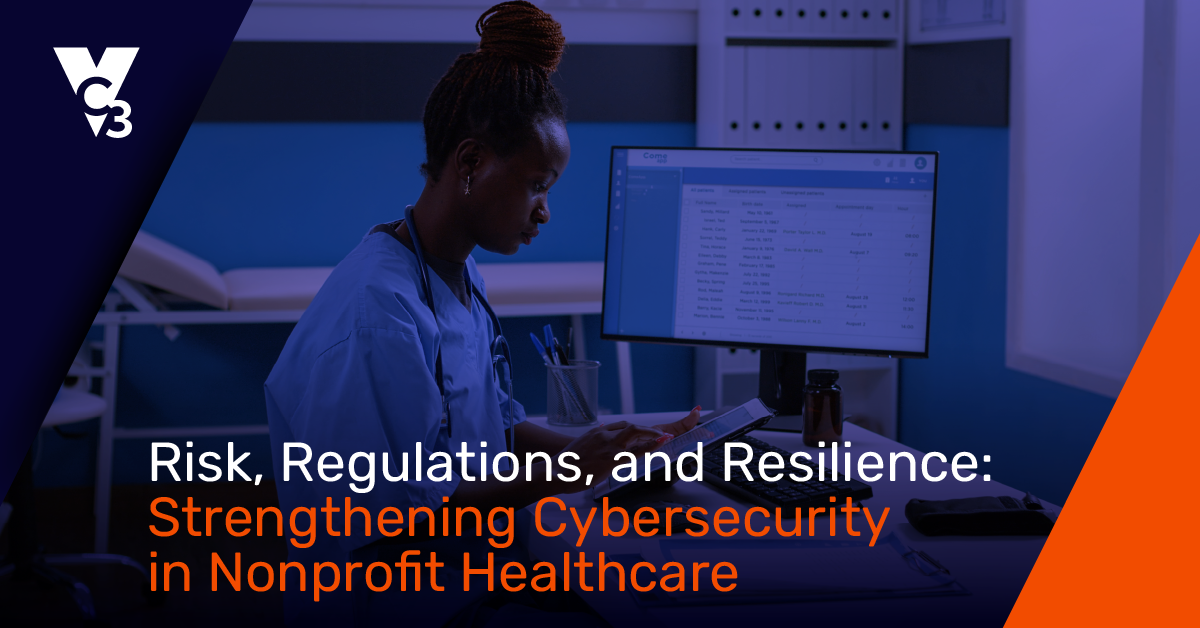
Blog
|
6 Min Read
Risk, Regulations, and Resilience: Strengthening Cybersecurity in Nonprofit...
Strengthen cybersecurity in nonprofit healthcare by going beyond HIPAA compliance. Learn essential risk assessment steps...
Read More
